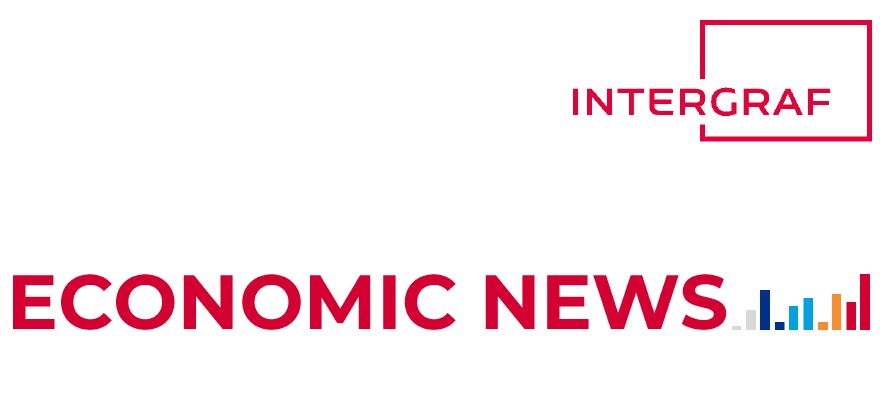13 November 2012
How important is a signed contract?
How important is a signed contract?
Most businesses, regardless of whether or not a Human Resources (HR) department exists will ensure that new employees receive an employment contract or at the very least some form of statement setting out their terms and conditions. Unfortunately not all businesses or HR personnel are as diligent at ensuring that the employee returns a signed copy of the agreement.
On dispute, if the company have an unsigned contract in their possession, this begs the question as to whether the clauses contained in the contract/agreement are enforceable against the employee.
This question was recently examined by the High Court in FW Farnsworth Limited v Lacy. The court was asked to determine whether the employee was bound by the post termination restrictions contained within an unsigned version of his employment contract.
Background
Mr Lacy was initially employed by the company in September 2000 as a Technical Graduate. He progressed first to a Quality Assurance Manager, and then to a Site Technical Manager in 2009. Mr Lacy's new position was classified by the company as a 'Grade E' position, and one of senior management.
Mr Lacy had signed and agreed a contract with the company sometime in 2003. Upon his promotion in 2009 the company provided him with a new contract which contained post-termination restrictive covenants and a number of elective employee benefits such as medical insurance for himself and his family as well as a better pension scheme. The new benefits were not included in the 2003 contract. Mr Lacy had read the new contract; but had never signed nor returned it to the company; however he did apply, and was accepted, for the medical insurance for himself and his family.
Upon his resignation, to join a competitor in 2012, Mr Lacy argued that he had never accepted the provisions of the latter contract, and in particular the restrictive covenants and this was the reason for not having signed and returned the said contract.
Mr Lacy argued that he had applied for the additional benefits as he believed he was entitled to them due to his 'Grade E' status.
The High Court decision
The High Court was required to determine whether the terms of the 2009 contract had been impliedly accepted by the employee i.e. through Mr Lacy's conduct could the court imply that he had accepted the new clauses inserted by virtue of the 2009 contract.
The judge held that the employee's act of applying for private medical insurance after having read the later contract, and continuing his employment without any protest or reservation, amounted to being an unequivocal act accepting all of the terms of the latter contract, including the restrictive covenant.
The judge did not accept the argument that Mr Lacy applied for the additional benefits on the basis that he was entitled to them regardless of entering into the new contract, the judge held that it was clear that the additional benefits were contractual as a result of his promotion into a senior management position.
Conclusion
Despite the outcome here, where restrictive covenants in an unsigned contract were considered enforceable, it is not recommended that employers rely on this as a general rule! The moral of the story is that employers should always ensure that signed contracts are retained on employee files to evidence express acceptance of a change in terms and conditions. This is particularly so in respect of promotions at senior levels, which bring more attractive remuneration packages and the insertion of restrictive covenants.
 Pay Review Data, Wage Benchmarking and Cost of Living – MAY 2024 UPDATE
Pay Review Data, Wage Benchmarking and Cost of Living – MAY 2024 UPDATE
16 May 2024
We have collated data from multiple sources that should be useful for BPIF members that are approaching internal pay reviews, and/or are having a closer look at their pay and benefits structure. The datafile, first published in February 2023, has been updated with the latest available data - and additional content on factors exerting pressure on pay settlements in 2024.
 Intergraf Economic News (Paper Prices) - April 2024
Intergraf Economic News (Paper Prices) - April 2024
19 April 2024
Access the latest edition of the Economic Newsletter for the European Printing Industry for data on paper consumption, and pricing data for pulp, paper and recovered paper.
The BPIF is the printing industries champion. By becoming a member you join a diverse and influential community. We help you solve business problems, connect you to new customers and suppliers and make your voice heard in government.
Call 01676 526030










